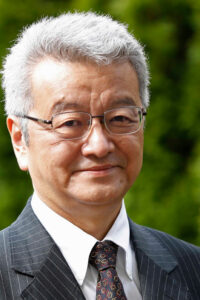
Kojima Fuhito, Professor and Director at the University of Tokyo Market Design Center (UTMD) Key points Focusing on the visible hand that replaces traditional price mechanisms Expanding the use of market design for kidney transplants Improving institutional design to eliminate the childcare waiting lists issue One of the most prominent ideas in economics is Adam Smith’s concept of the “invisible hand.” The invisible hand is the magical mechanism for price adjustment that is capable of maximizing the wealth of society if self-interested consumers and companies respond to the prices of goods and services. With advances of research in economics, this idea has been elaborated upon. However, neoliberals have also used this phrase to promote deregulation. And yet, no one has ever actually seen the invisible hand. In fact, examples of the price mechanism not working can be found everywhere in society. Although it ... ... [Read more]








